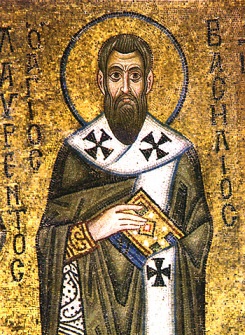Know your Rites
The other week I resumed a former “hobby” of mine. When I was living back in London I would often go and visit Eastern Rite Catholic churches…
What’s Rite?
A “Rite” in this context generally refers to a group within the wider Catholic Church which is associated with a particular liturgical tradition. The main Rite with which most people will be familiar is the “Latin Rite”. This is what is followed in most Catholic churches in Western Europe and the United States. However, what most people don’t know is that there are six other Rites in the Catholic Church. The Catechism in paragraph #1203 lists these other Rites as Byzantine, Coptic, Syriac, Armenian, Maronite and Chaldean. The majority of married Catholic priests (yes, you heard me right) will be found in these Eastern Rite Catholic churches where the discipline of celibacy is not exercised in the same way.
I love visiting Eastern Rite churches – I get to explore an unfamiliar liturgy, but unlike when I visit Protestant churches, I also am able to receive communion because the churches which I visit are in full communion with the Bishop of Rome. So far, I have participated in Maronite and Byzantine (Melkite & Ukrainian) liturgies.

